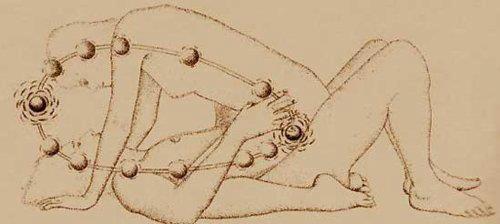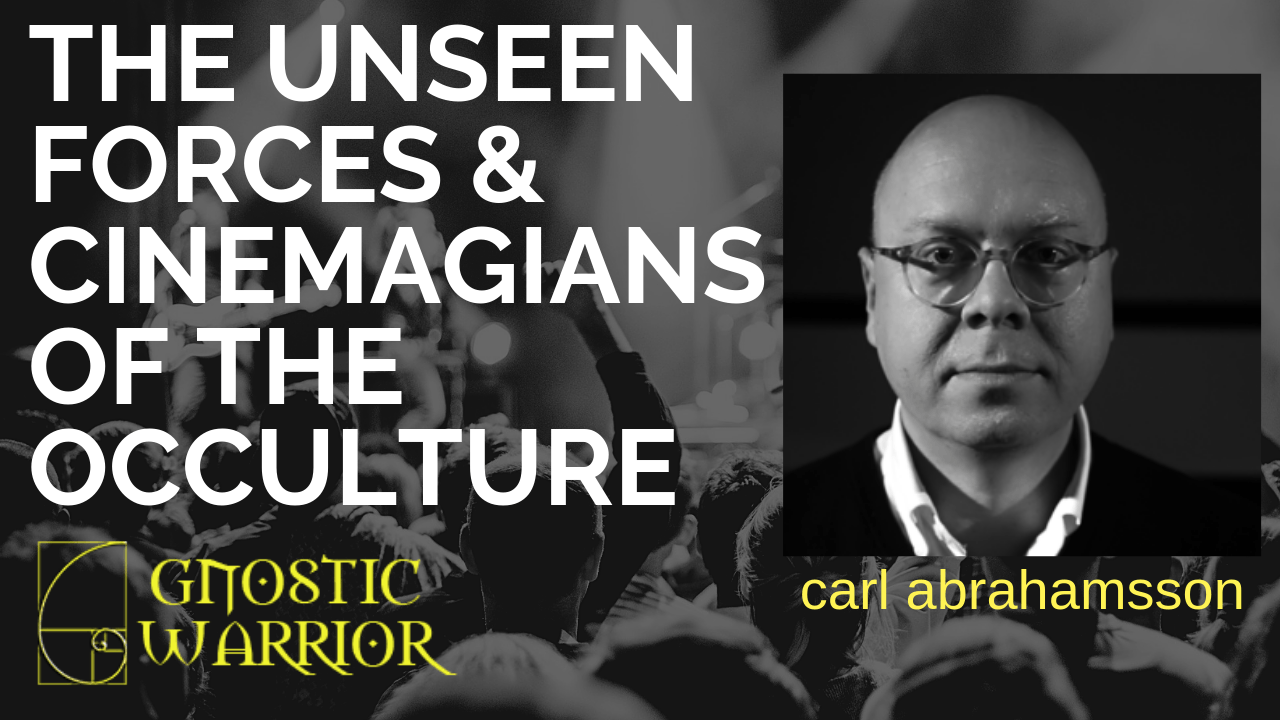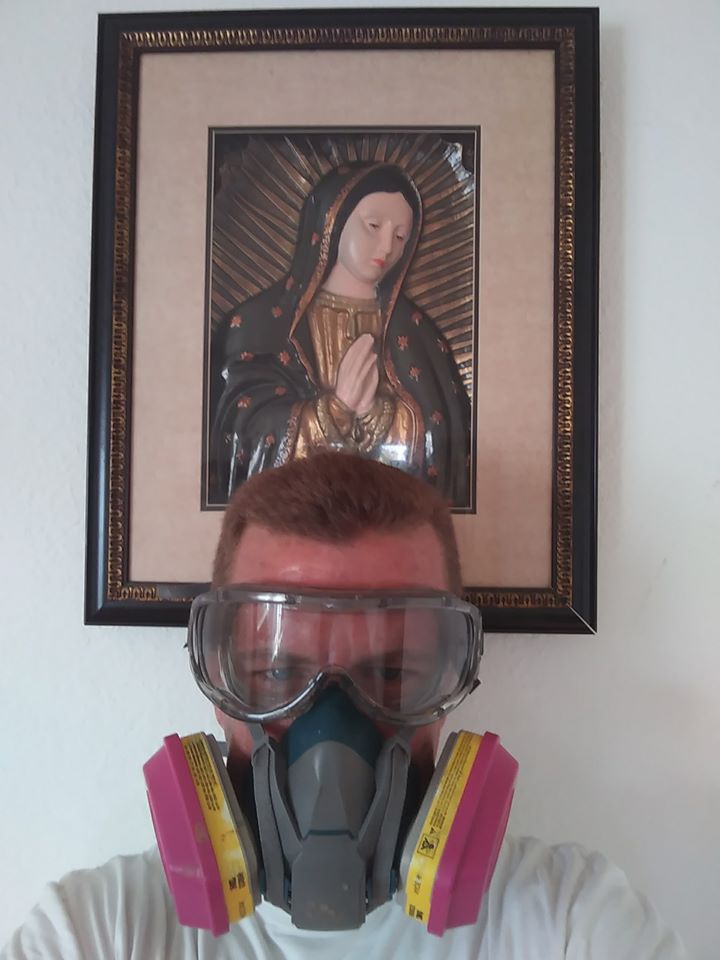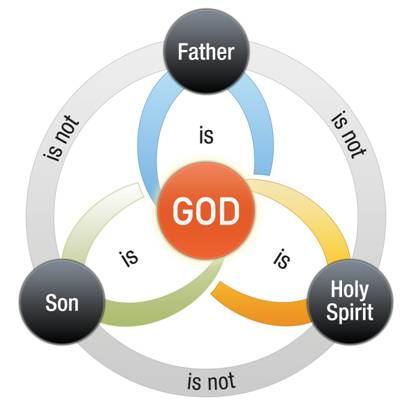Descartes was one of the few who believed and dared say that to occult medicine we shall owe discoveries “destined to extend the domain of philosophy”; and Brierre de Boismont not only shared in these hopes but openly avowed his sympathy with “supernaturalism,” which he considered the universal “grand creed.” “. . . We think with Guizot,” he says, “that the existence of society is bound up in it. It is in vain that modern reason, which, notwithstanding its positivism, cannot explain the intimate cause of any phenomena, rejects the supernatural; it is universal, and at the root of all hearts. The most elevated minds are frequently its most ardent disciples.
“Christopher Columbus discovered America, and Americus Vespucius reaped the glory and usurped his dues. Theophrastus Paracelsus rediscovered the occult properties of the magnet — “the bone of Horus” which, twelve centuries before his time, had played such an important part in the theurgic mysteries — and he very naturally became the founder
On Hallucinations,” of the school of magnetism and of mediaeval magico-theurgy. But Mesmer, who lived nearly three hundred years after him, and as a disciple of his school brought the magnetic wonders before the public, reaped the glory that was due to the fire-philosopher, while the great master died in a hospital! So goes the world: new discoveries, evolving from old sciences; new men — the same old nature!

Moe is the founder of GnosticWarrior.com. He is a father, husband, author, martial arts black belt, and an expert in Gnosticism, the occult, and esotericism.






